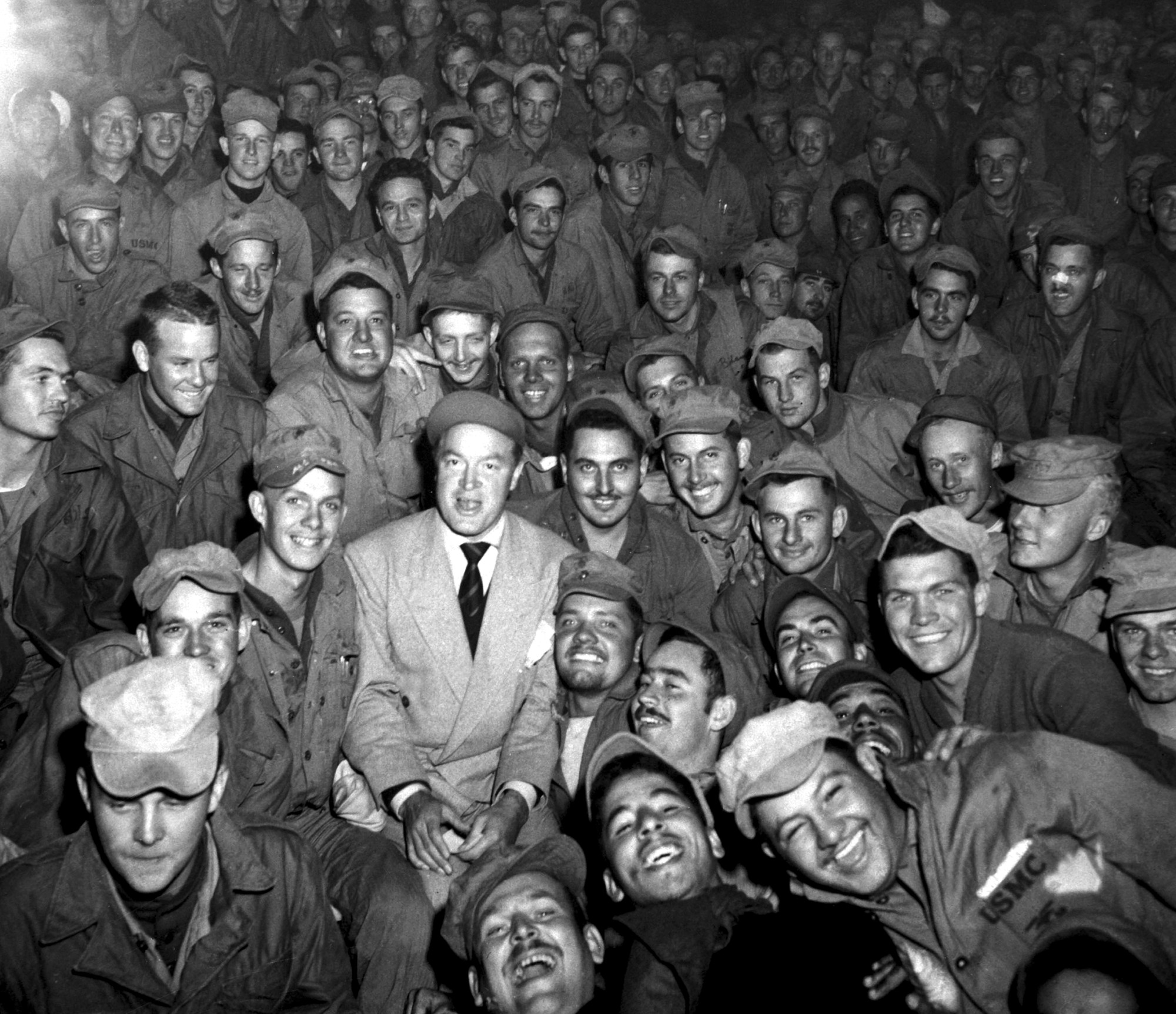Nostalgic America
Our Favorite Military-Themed TV Shows That All Baby Boomers Remember
By Bruce Berns · December 3, 2024
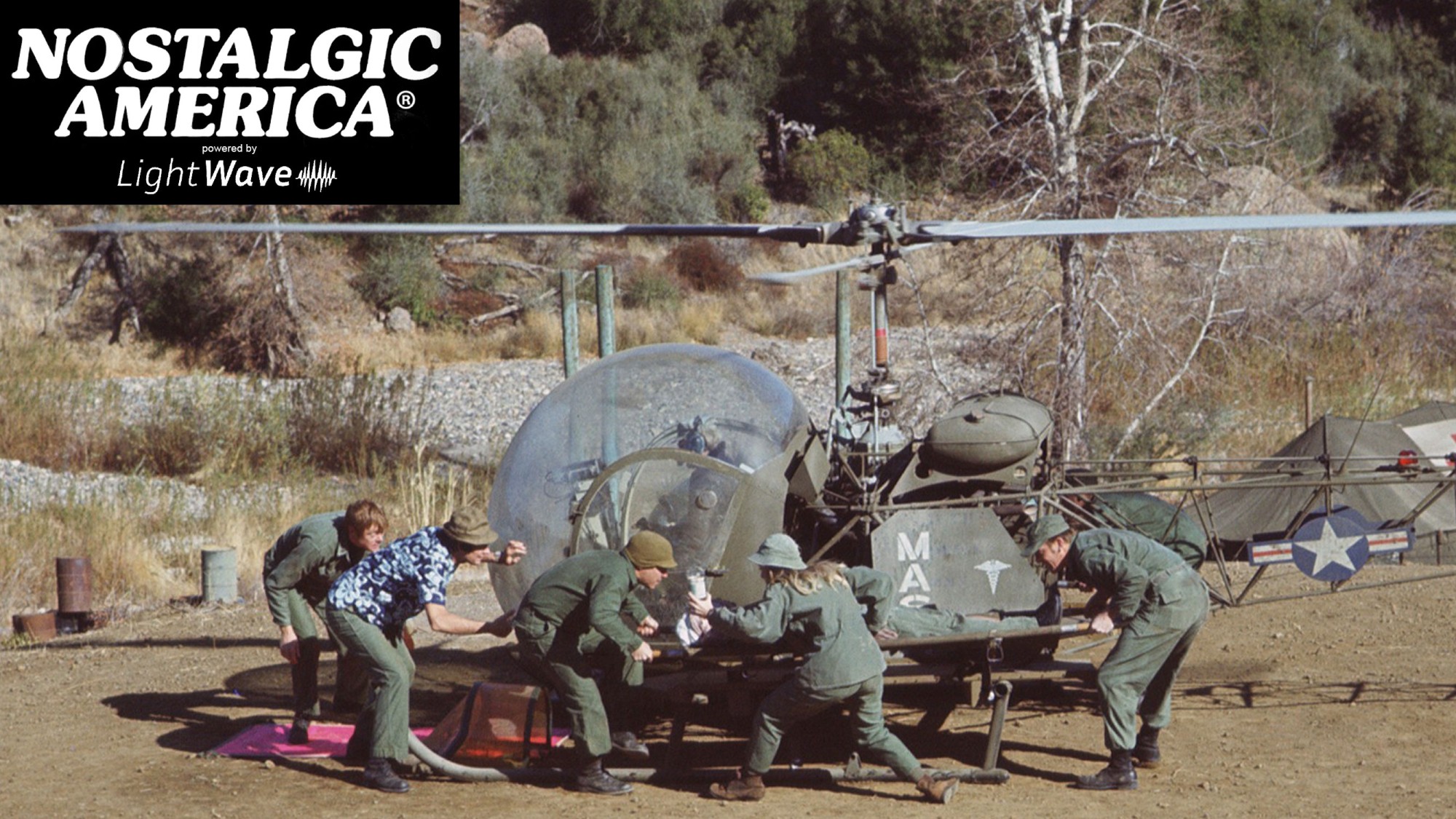
From the laughter-filled barracks of Gomer Pyle, U.S.M.C. to the poignant operating rooms of MASH, these programs explore the paradoxes of war—its camaraderie, tragedy, and even moments of humor. This article delves into some of television’s most iconic military-themed series, examining their narratives, cultural impact, and enduring relevance.
Whether through drama, comedy, or historical portrayal, these shows have left an indelible mark on viewers, offering insight into the realities of conflict and the resilience of the human spirit. Getty Images / Nostalgic America, Inc.
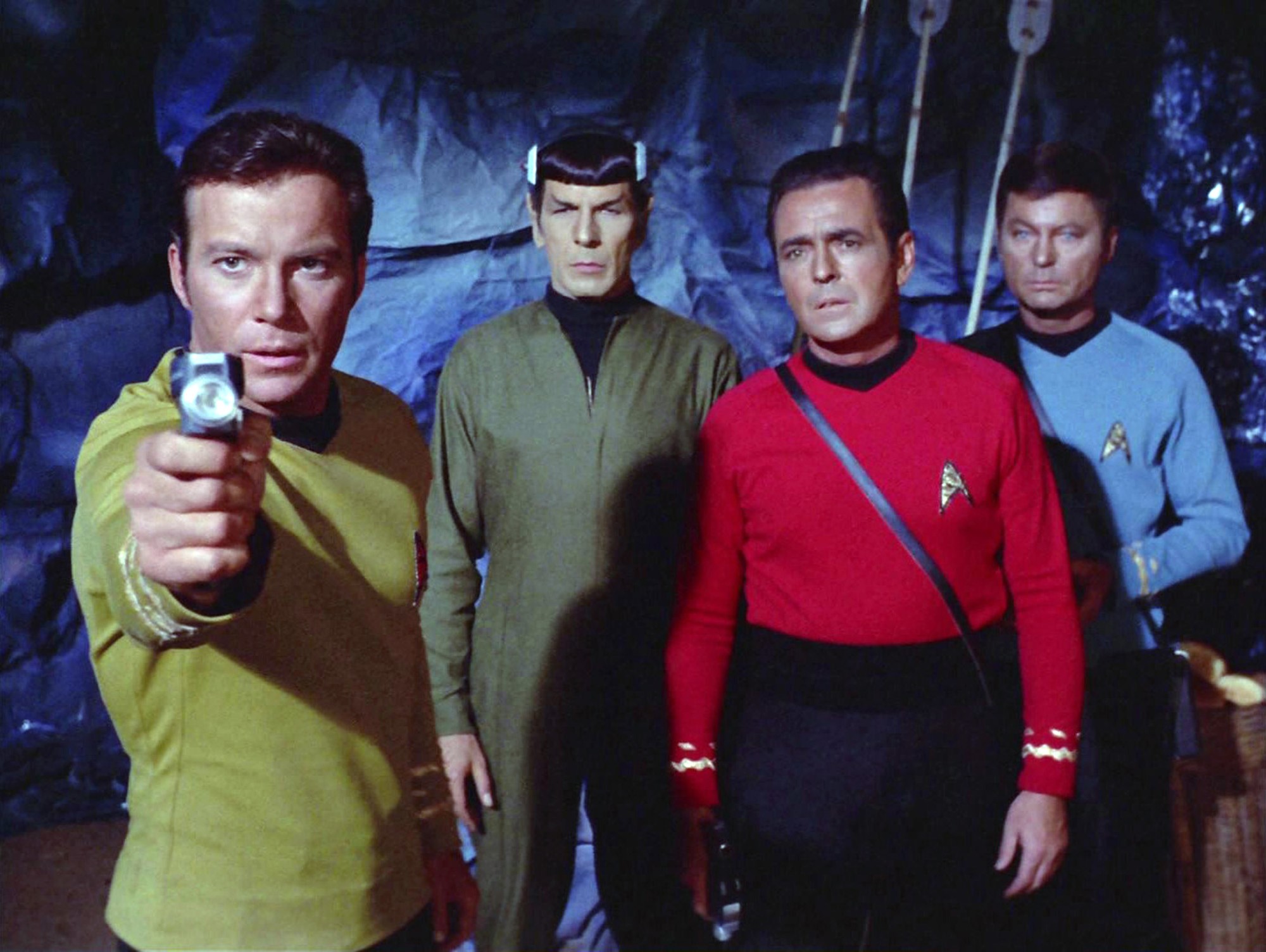
Star Trek
Star Trek (1966–1969) explores military themes through the structure of Starfleet, a quasi-military organization dedicated to exploration and defense. Episodes often focus on the ethics of war, diplomacy, and leadership under Captain Kirk (William Shatner). Themes of strategy and the consequences of militarization are explored in conflicts with adversaries like the Klingons and Romulans. Despite its futuristic setting, Star Trek reflects real-world military dilemmas, emphasizing the balance between power and peace. Getty Images / Nostalgic America, Inc.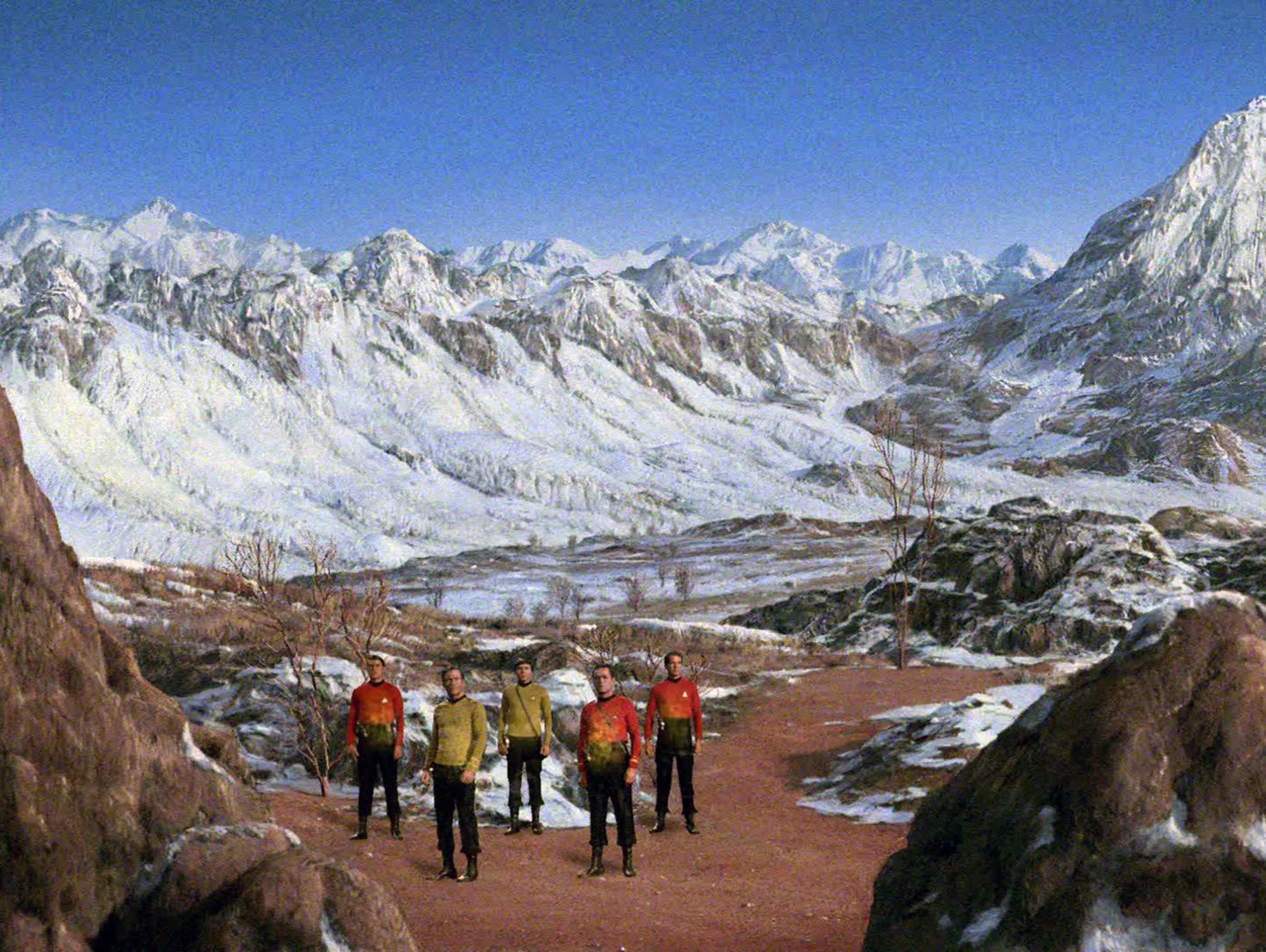
Star Trek
The series’ hopeful vision underscores that technology and humanity can be used for diplomacy and understanding, even amid intergalactic tensions. Getty Images / Nostalgic America, Inc.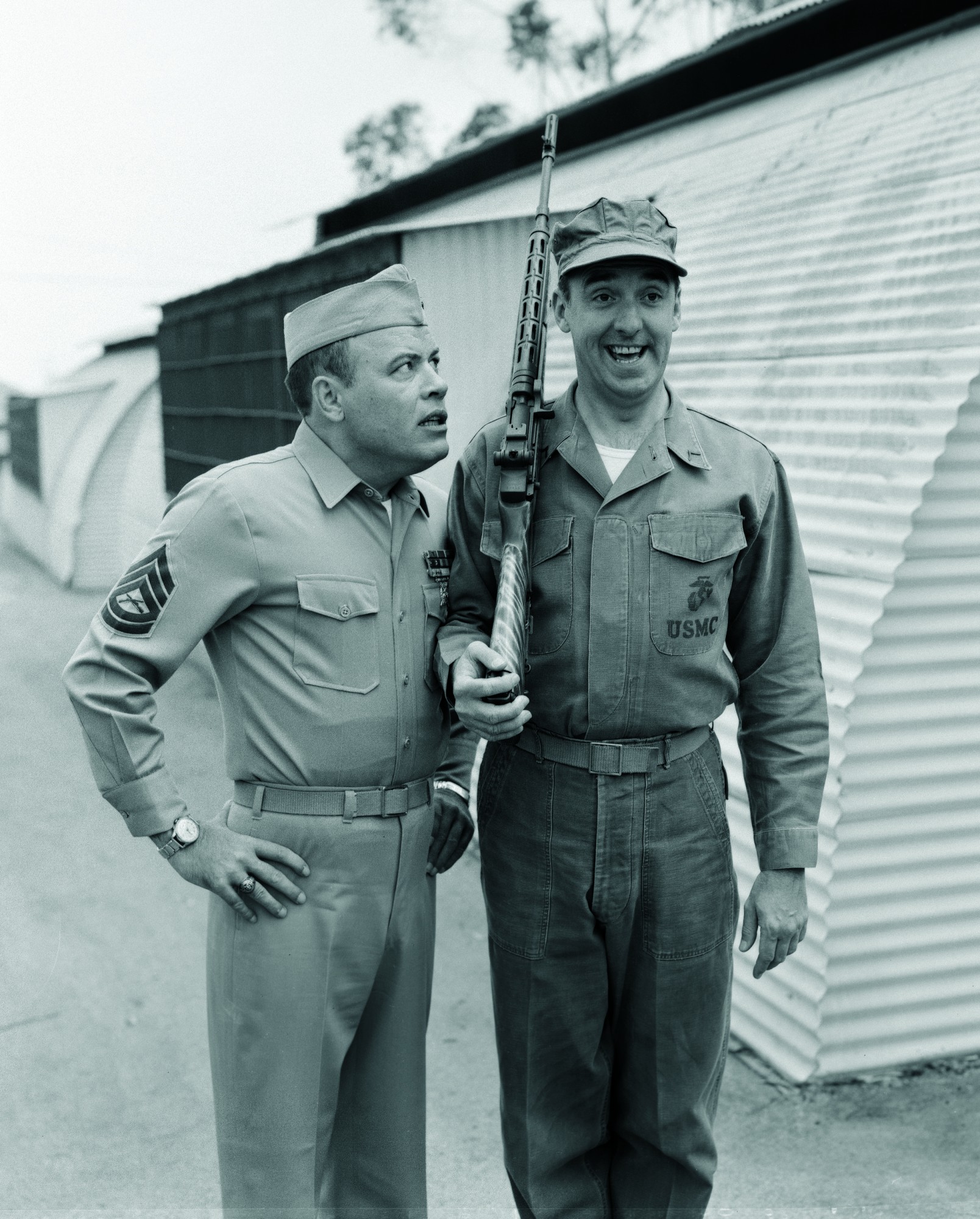
Gomer Pyle, U.S.M.C.
Gomer Pyle, U.S.M.C. (1964–1969) is a comedy about a naive yet kind-hearted Marine recruit, Gomer Pyle, played by Jim Nabors, navigating life in the military. Under the watchful and often exasperated eye of Sergeant Carter (Frank Sutton), Gomer's innocence and optimism clash hilariously with the discipline of the U.S. Marine Corps. Despite its comedic tone, the show emphasizes themes of camaraderie, respect, and personal growth. Gomer’s good nature and unorthodox problem-solving often highlight the humanity within military life, offering a lighthearted yet endearing portrayal of the armed forces. Getty Images / Nostalgic America, Inc.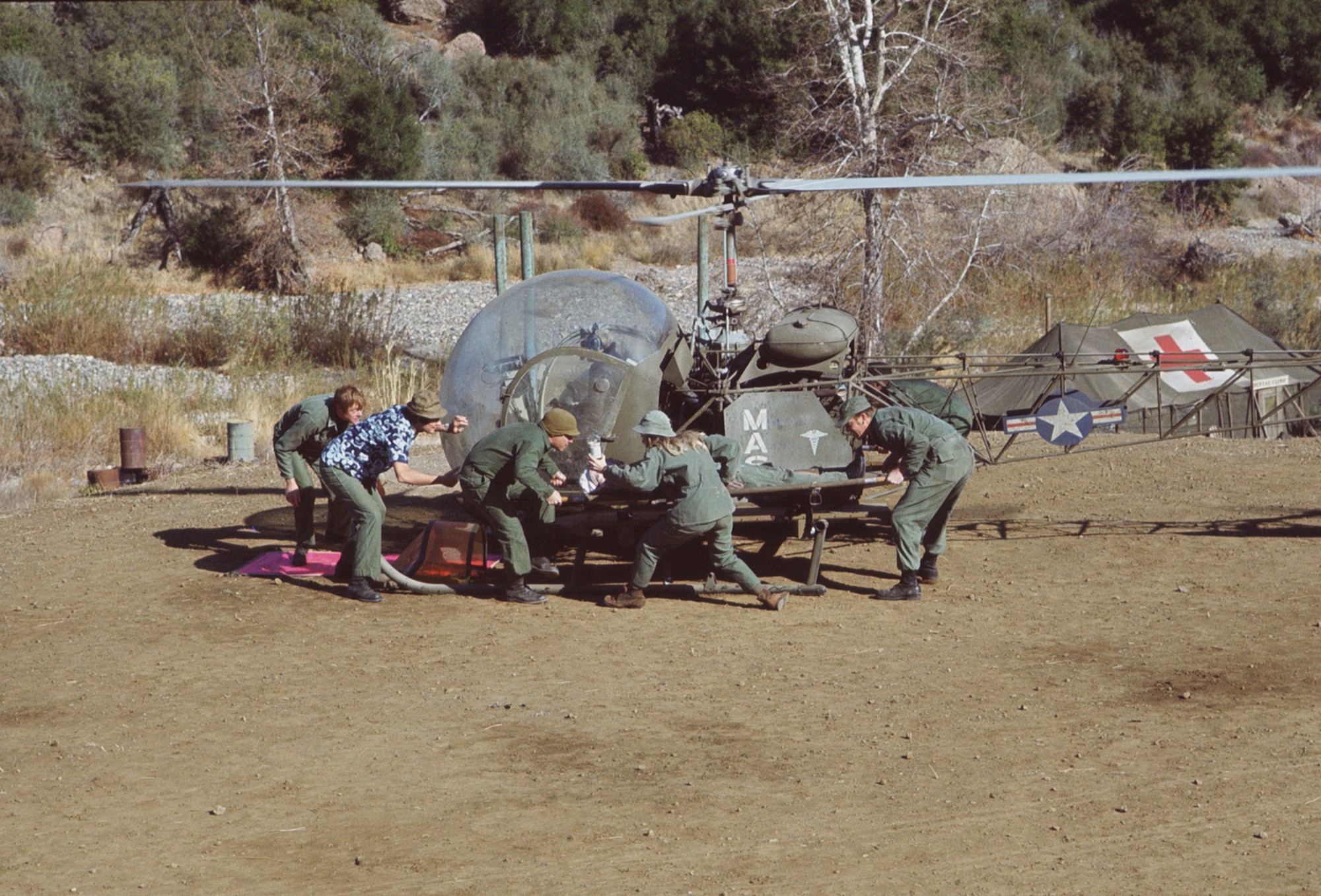
MASH (The Television show)
The TV series MASH (1972–1983) is a groundbreaking dramedy set during the Korean War, focusing on the medical staff of the 4077th Mobile Army Surgical Hospital. While delivering sharp humor and absurdity through characters like Hawkeye Pierce (Alan Alda), the show also portrays the brutal realities of war. Getty Images / Nostalgic America, Inc.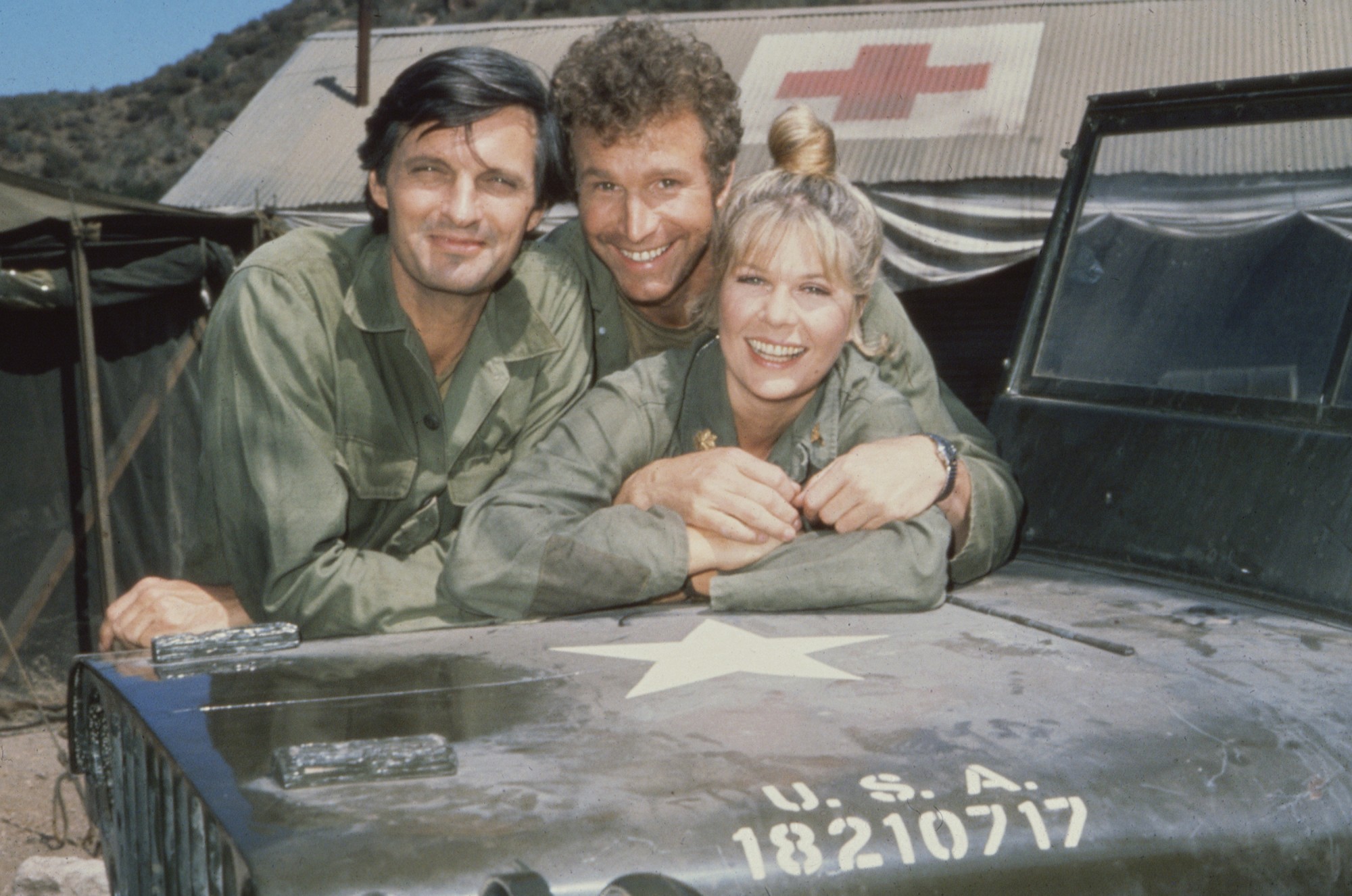
Featuring Alan Alda as Hawkeye Pierce
Its blend of wit and social commentary tackled issues such as trauma, bureaucracy, and the human cost of conflict. Getty Images / Nostalgic America, Inc.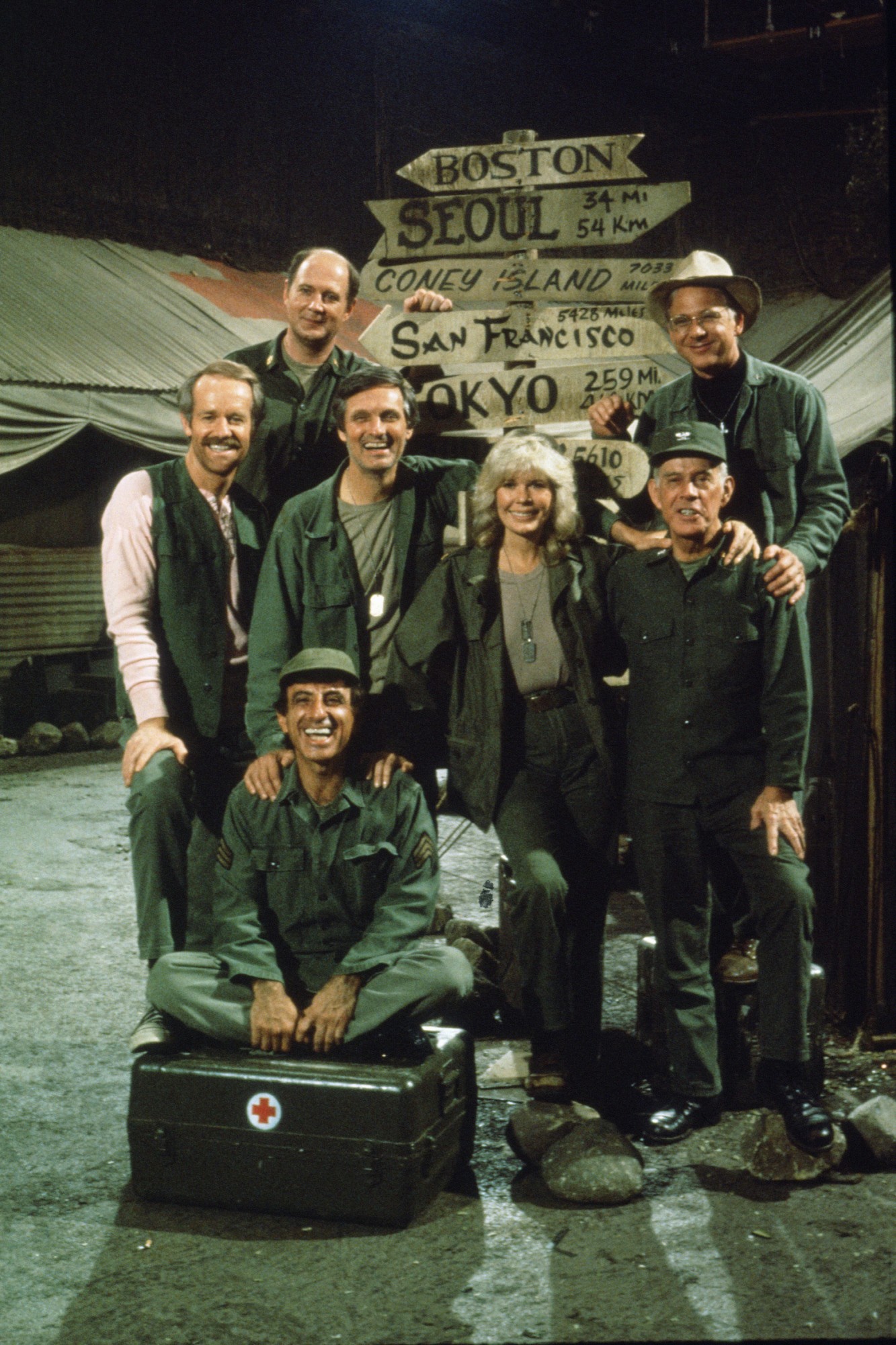
MASH - the highest rated show on Television during it's heyday
MASH became a cultural phenomenon, using satire and heartfelt storytelling to explore the paradoxes of war and the resilience of those caught in its midst. Getty Images / Nostalgic America, Inc.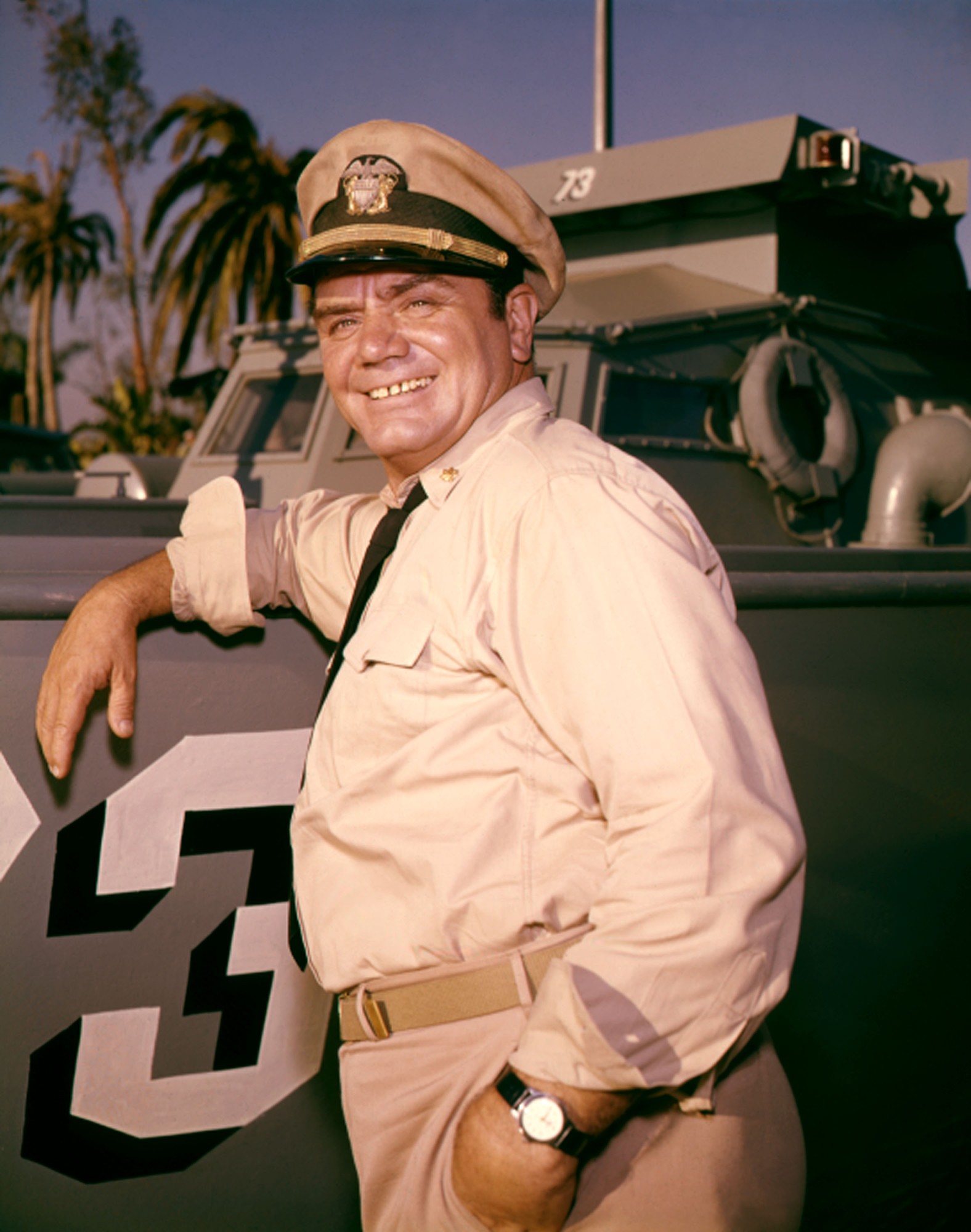
McHale’s Navy
McHale’s Navy (1962–1966) is a sitcom about a misfit crew of Navy sailors during World War II, led by the cunning and resourceful Lieutenant Commander Quinton McHale (Ernest Borgnine). Stationed in the South Pacific, the crew’s antics often involve dodging work and outsmarting their strict superior, Captain Binghamton. The show’s comedic tone contrasts with the wartime setting, focusing on camaraderie and creative problem-solving rather than conflict. While primarily a comedy, it subtly conveys the lighter, human side of military life, celebrating ingenuity and teamwork. Getty Images / Nostalgic America, Inc.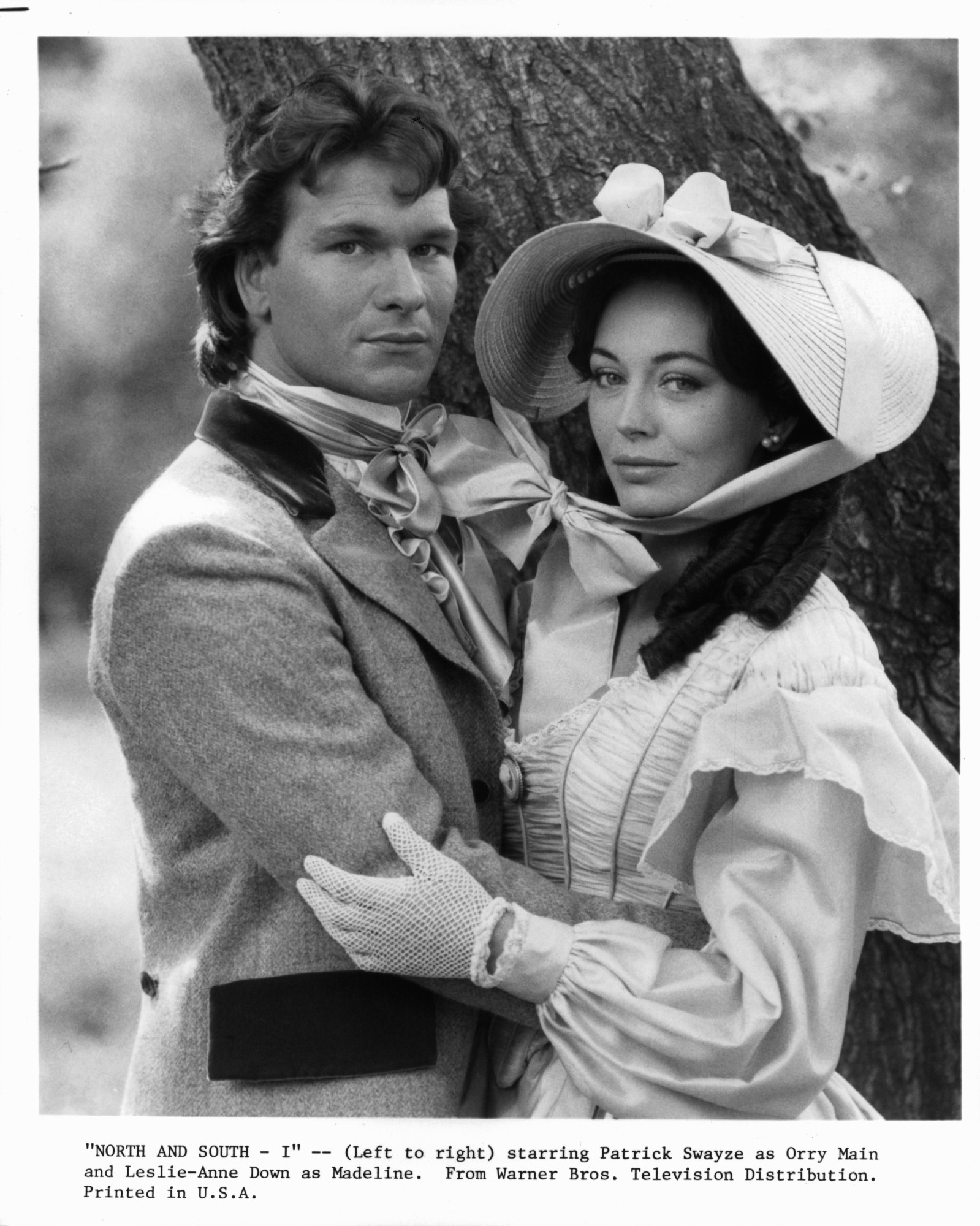
North and South (Mini-Series)
The 1985 mini-series North and South dramatizes the years leading up to and during the American Civil War, focusing on two friends, Orry Main (Patrick Swayze) from the South and George Hazard (James Read) from the North. The series explores the devastating impact of war on personal relationships, families, and society. Themes of loyalty, honor, and the moral complexities of slavery and conflict are central to the story. With epic battle scenes and emotional depth, North and South captures the divisive nature of war and its long-lasting effects on the human spirit. Getty Images / Nostalgic America, Inc.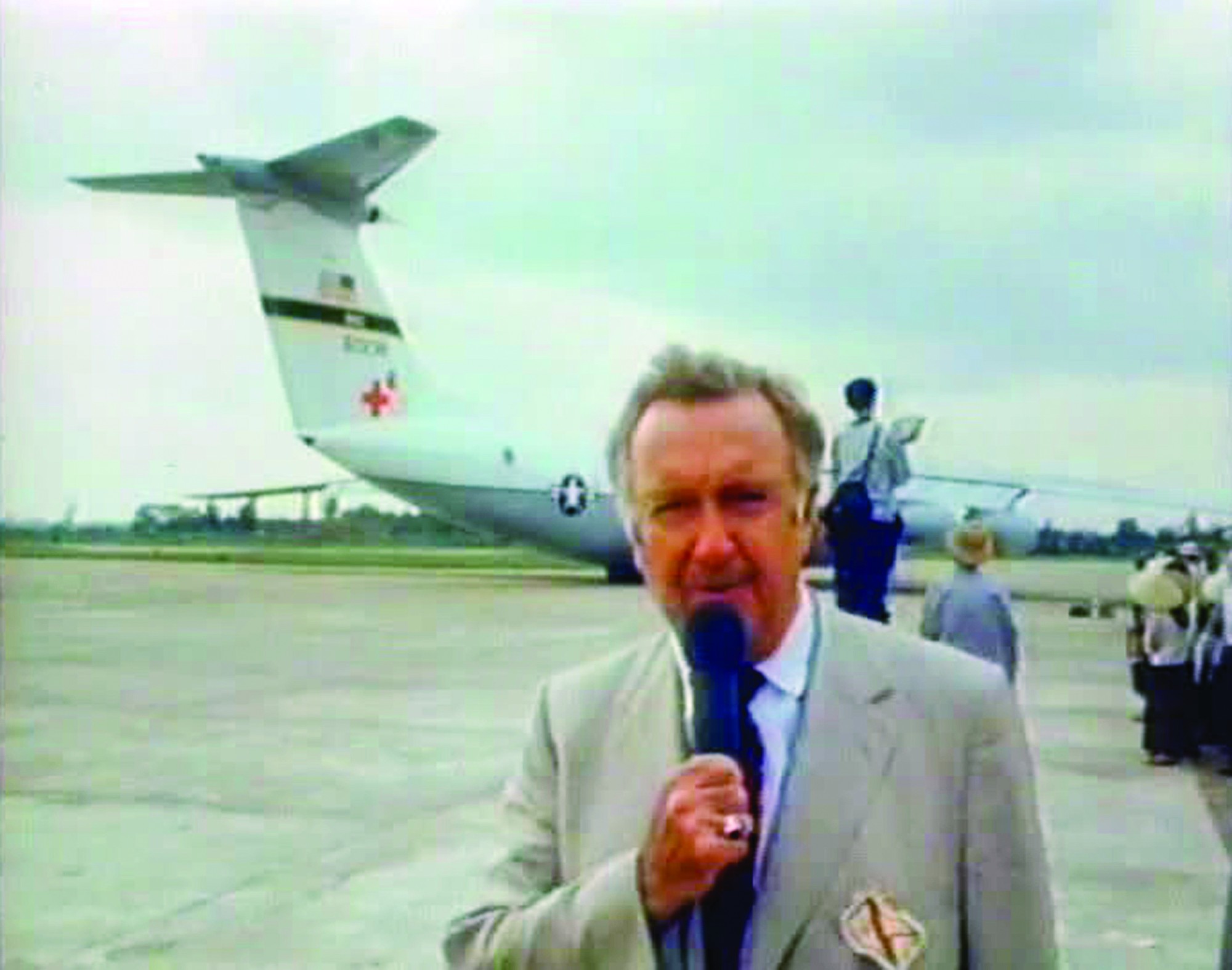
Walter Cronkite’s coverage of the Vietnam War on CBS News
Walter Cronkite played a pivotal role in shaping public opinion. Known as “the most trusted man in America,” Cronkite brought the brutal realities of the war into living rooms, challenging government narratives. His 1968 special report, after the Tet Offensive, was particularly influential. Declaring the conflict a “stalemate,” Cronkite suggested negotiation as the only path forward. President Lyndon B. Johnson famously remarked, “If I’ve lost Cronkite, I’ve lost Middle America.” Cronkite’s honest, measured reporting highlighted the importance of journalistic integrity during times of crisis, leaving a lasting impact on war coverage and public discourse. Getty Images / Nostalgic America, Inc.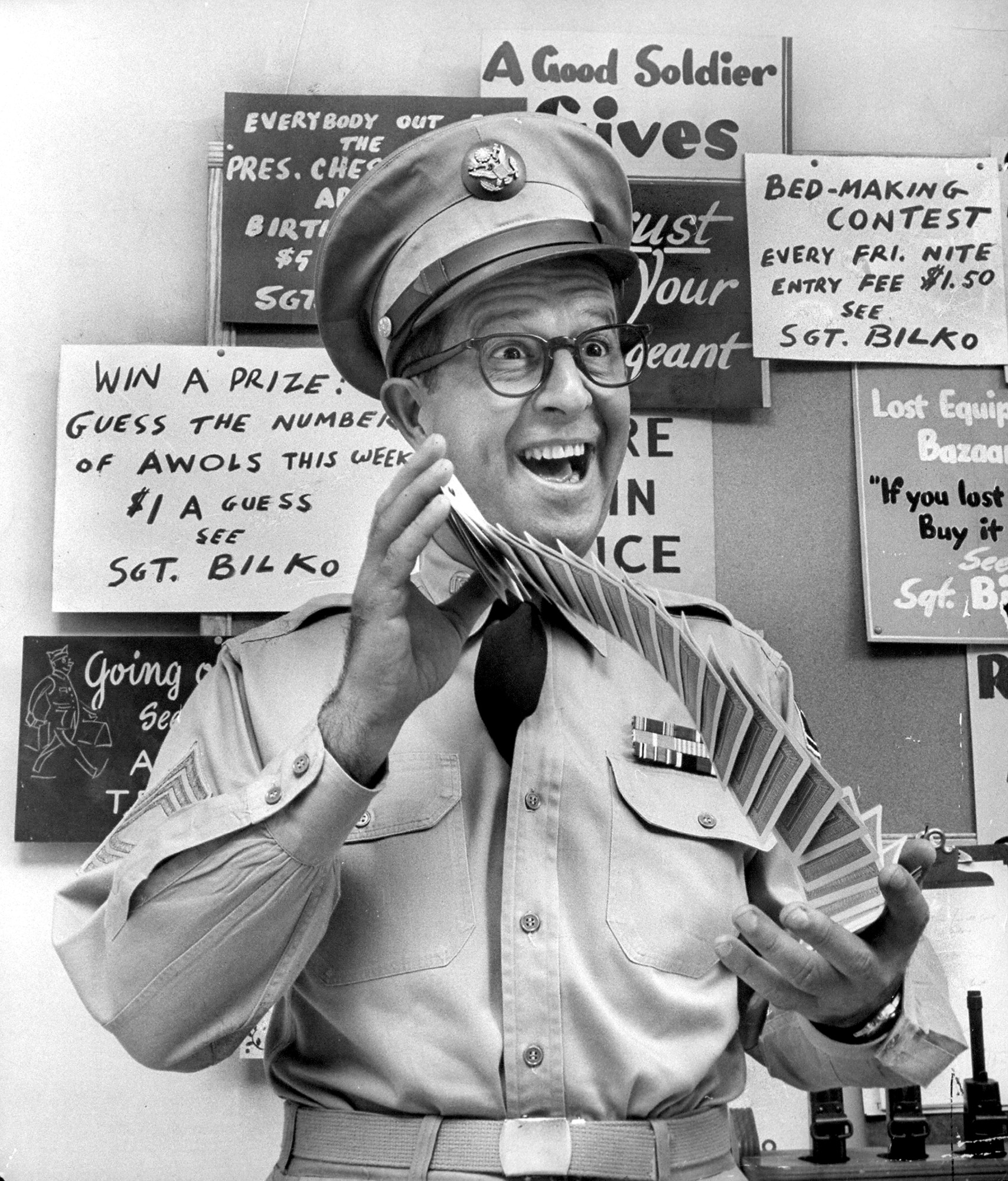
The Phil Silvers Show (Aka Sgt. Bilko)
The Phil Silvers Show (1955–1959), also known as Sgt. Bilko, is a military comedy centered on the scheming yet lovable Sergeant Ernie Bilko. Set in a U.S. Army motor pool, Bilko’s humorous scams and exploits often test the patience of his commanding officers. Despite its comedic nature, the show highlights themes of camaraderie, leadership, and ingenuity within the military. Phil Silvers’ sharp wit and impeccable timing made the series a classic, blending slapstick humor with clever commentary on life in the armed forces. Getty Images / Nostalgic America, Inc.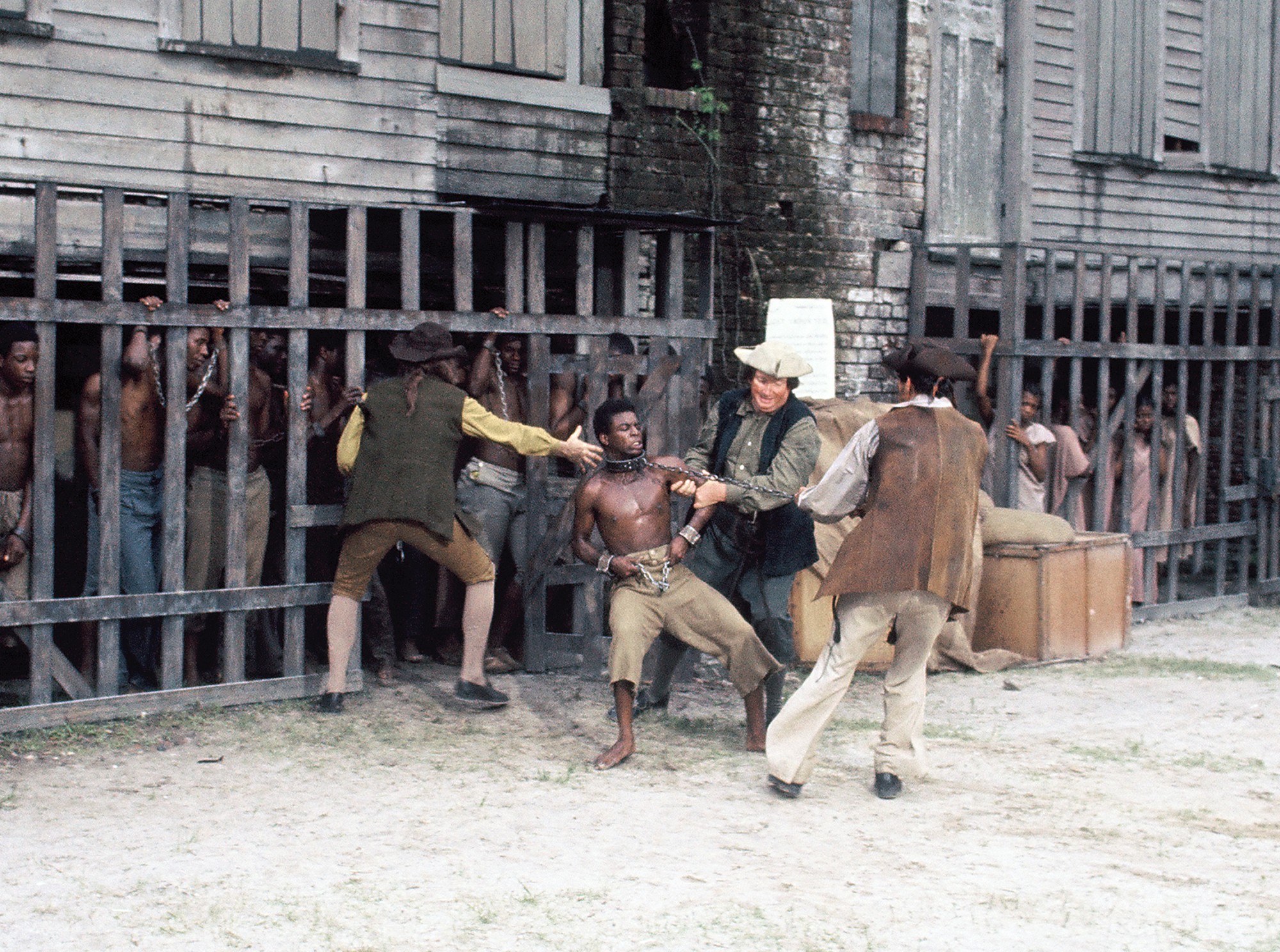
Roots (Mini-Series)
Roots (1977) is a landmark mini-series chronicling the journey of Kunta Kinte (LeVar Burton), an African man captured and enslaved in America, and his descendants. While not directly about military conflict, it addresses the systemic violence of slavery and the Civil War’s role in emancipation. Themes of resistance, survival, and the fight for justice permeate the series. Getty Images / Nostalgic America, Inc.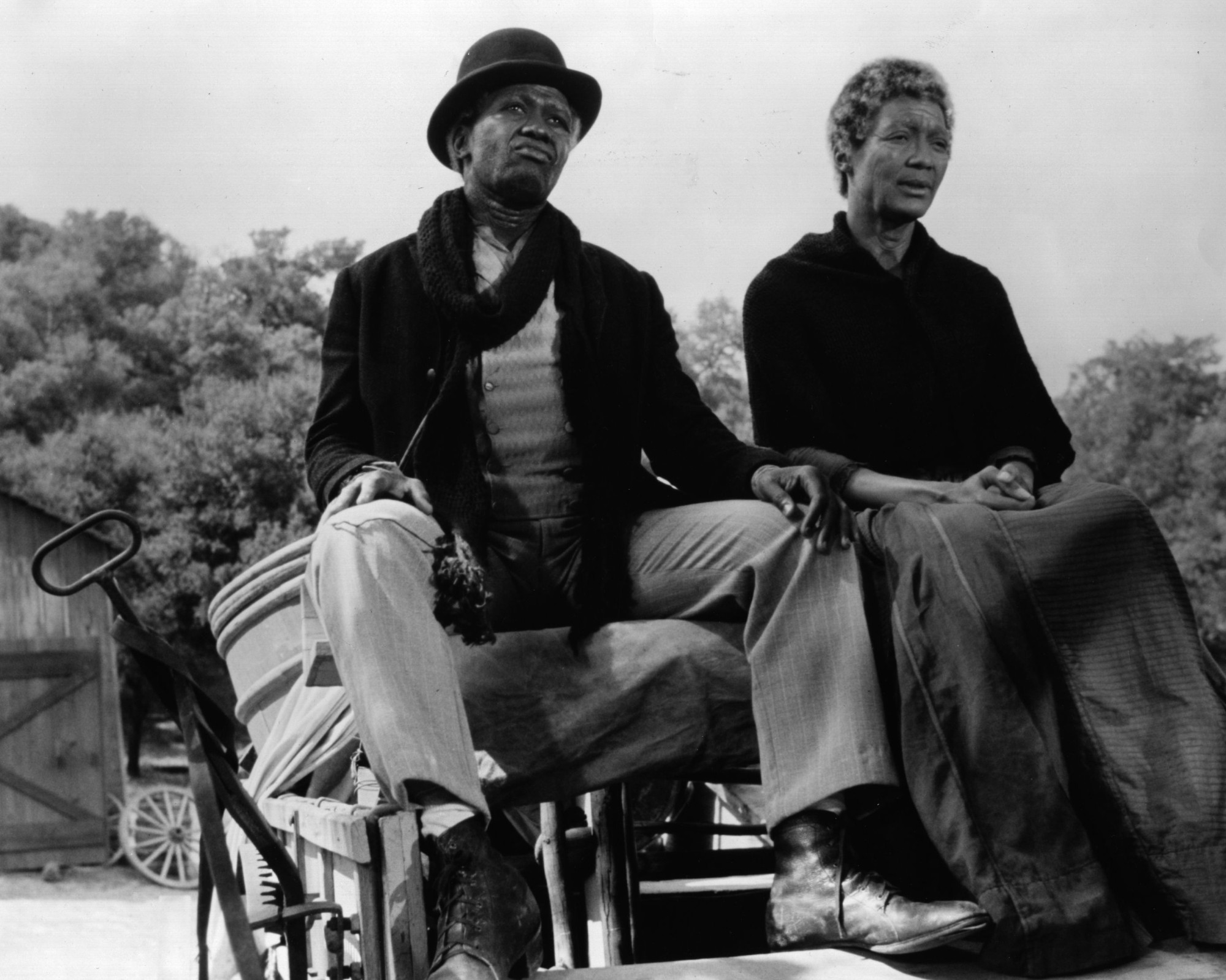
Roots (Mini-Series)
The Civil War episodes depict the struggles of enslaved and free African Americans fighting for liberation. Roots is a powerful portrayal of resilience and the human cost of oppression, with lasting cultural and historical significance. Getty Images / Nostalgic America, Inc.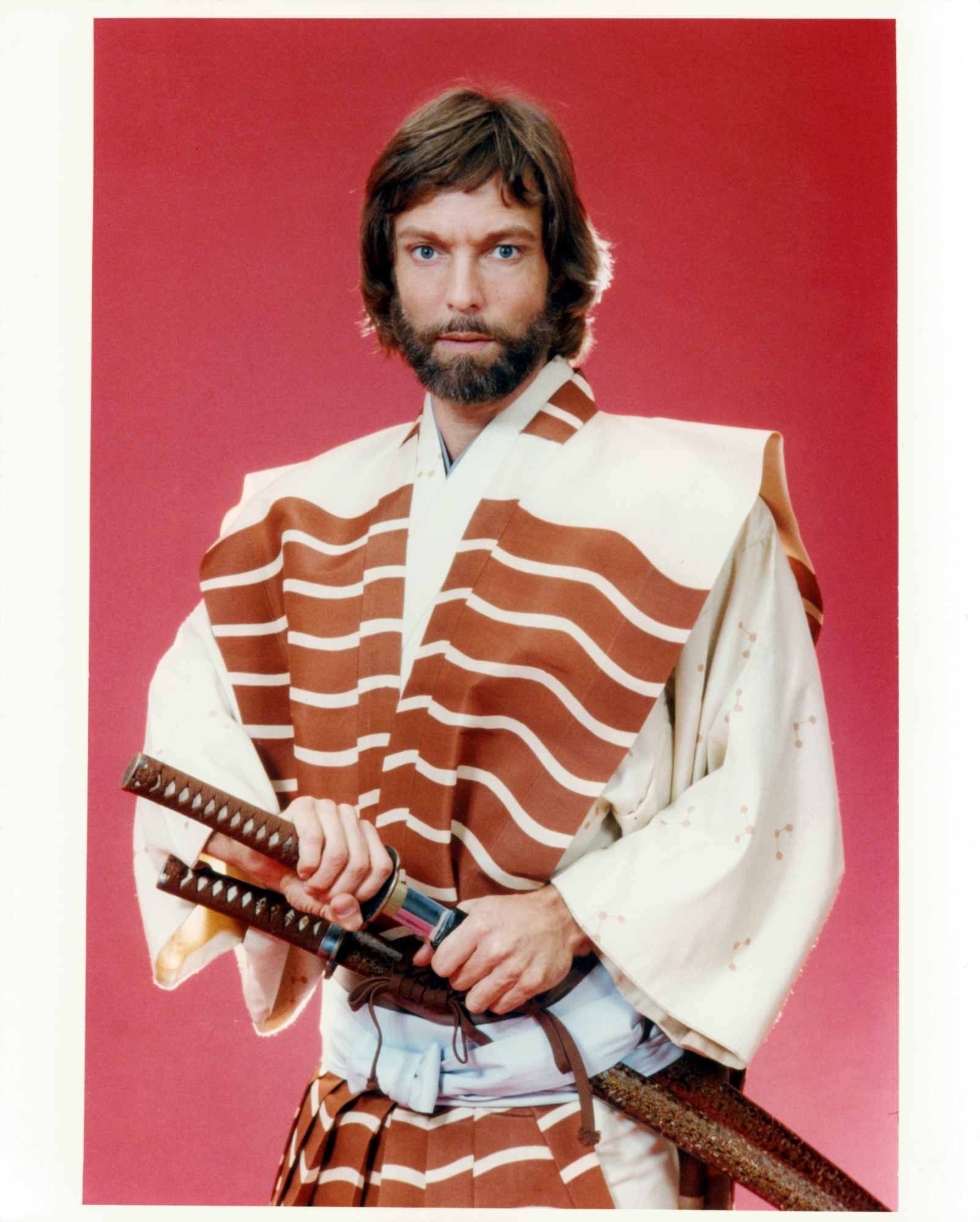
Shōgun (Mini-Series)
Shōgun (1980) follows John Blackthorne (Richard Chamberlain), an English sailor shipwrecked in 17th-century Japan, as he becomes entangled in samurai culture and feudal warfare. The mini-series explores themes of loyalty, honor, and the clash between Western and Eastern military traditions. Blackthorne’s journey highlights the complexities of power, strategy, and survival in a highly structured and hierarchical society. With its epic scope and cultural depth, Shōgun delves into the personal and political conflicts of a time shaped by military strength and shifting alliances. Getty Images / Nostalgic America, Inc.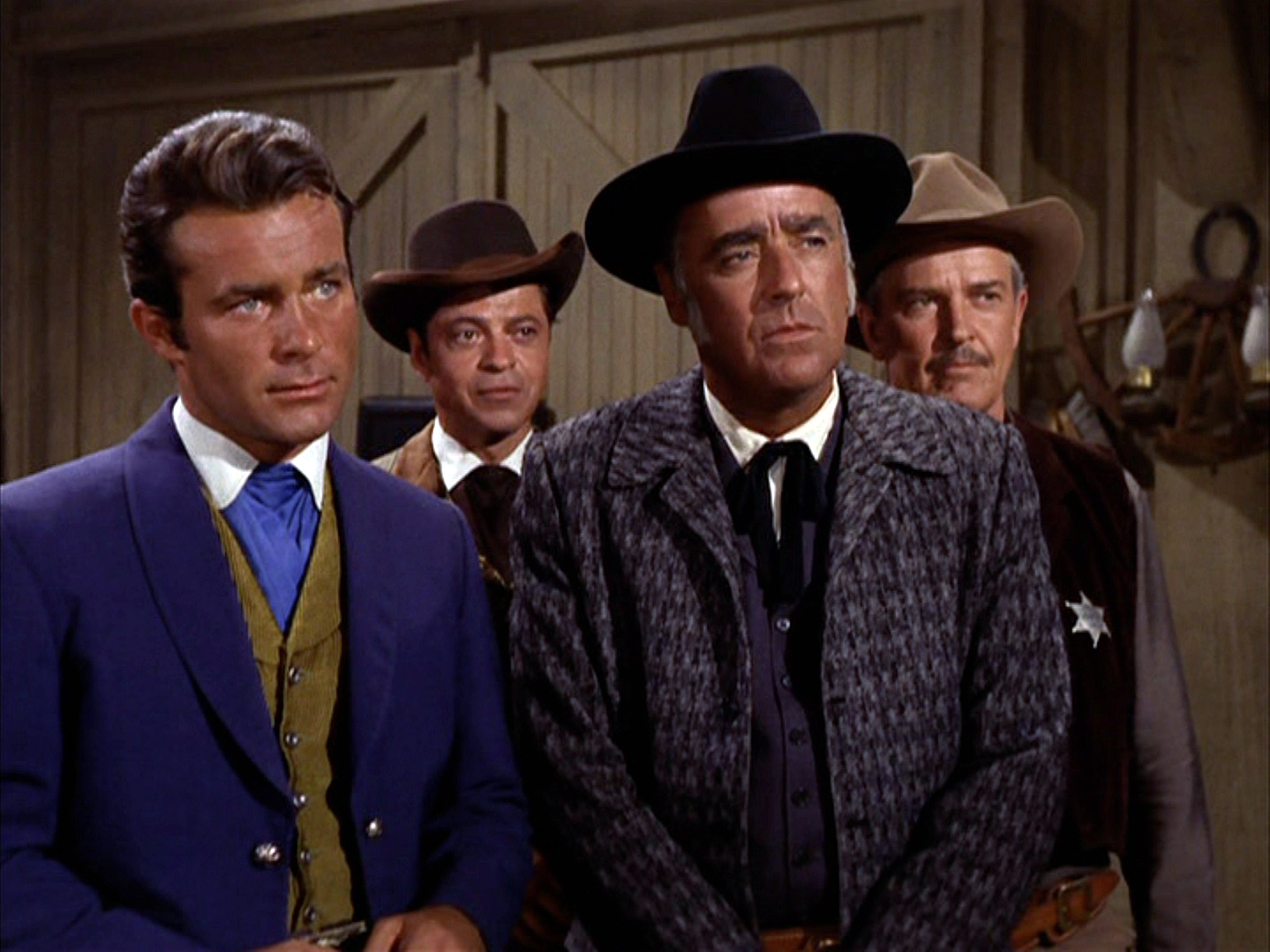
The Wild Wild West
The Wild Wild West (1965–1969) is a unique blend of Western and spy genres, following Secret Service agents James West (Robert Conrad) and Artemus Gordon (Ross Martin) as they protect the United States from nefarious threats. Set during the post-Civil War era, the series incorporates military elements like covert operations and advanced weaponry. Getty Images / Nostalgic America, Inc.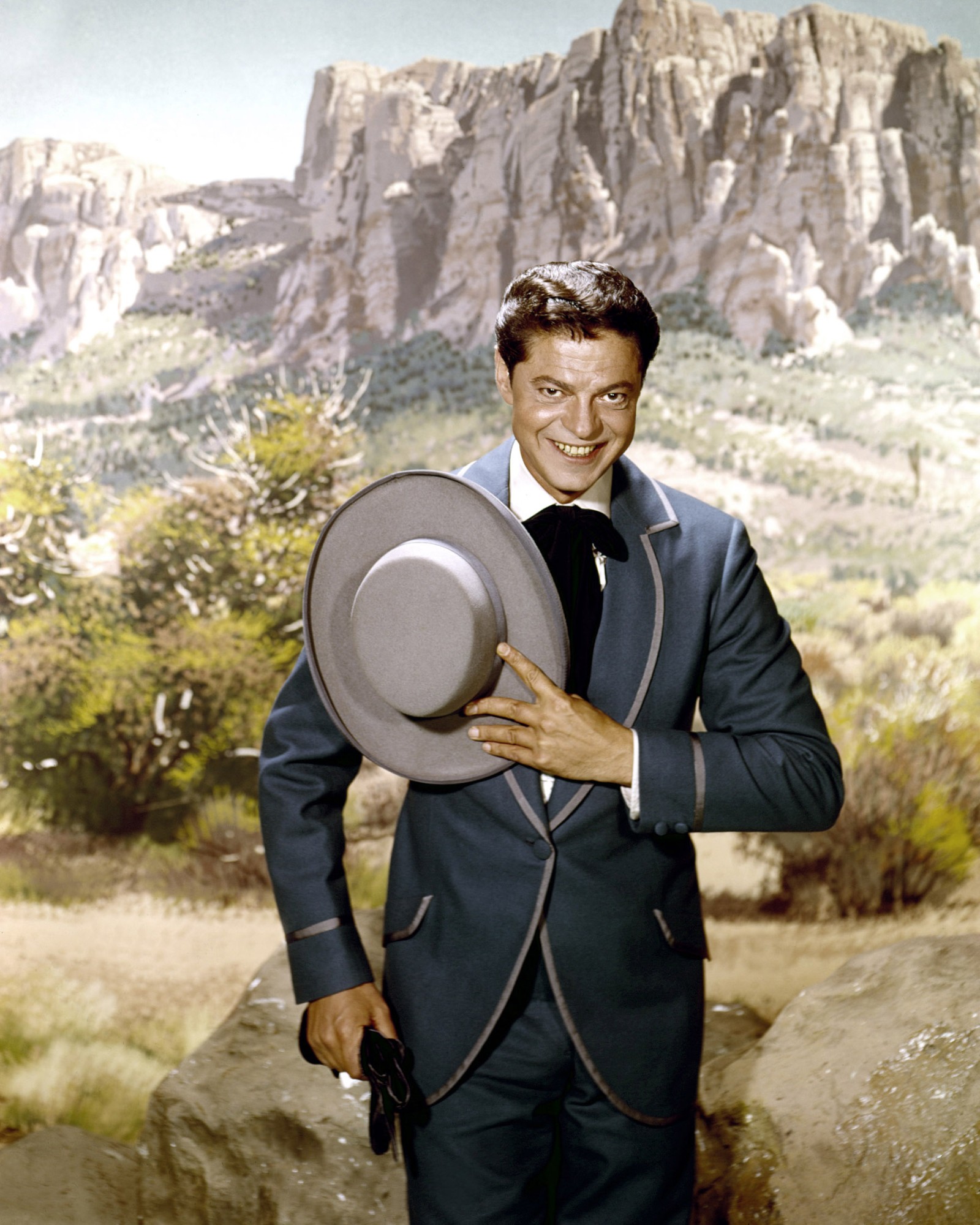
Artemus Gordon was played by Ross Martin
Themes of patriotism, ingenuity, and loyalty drive the adventures, with West and Gordon relying on their military training and resourcefulness. Its steampunk-inspired gadgets and action-packed narratives make it a creative take on military heroism within a historical context. Getty Images / Nostalgic America, Inc.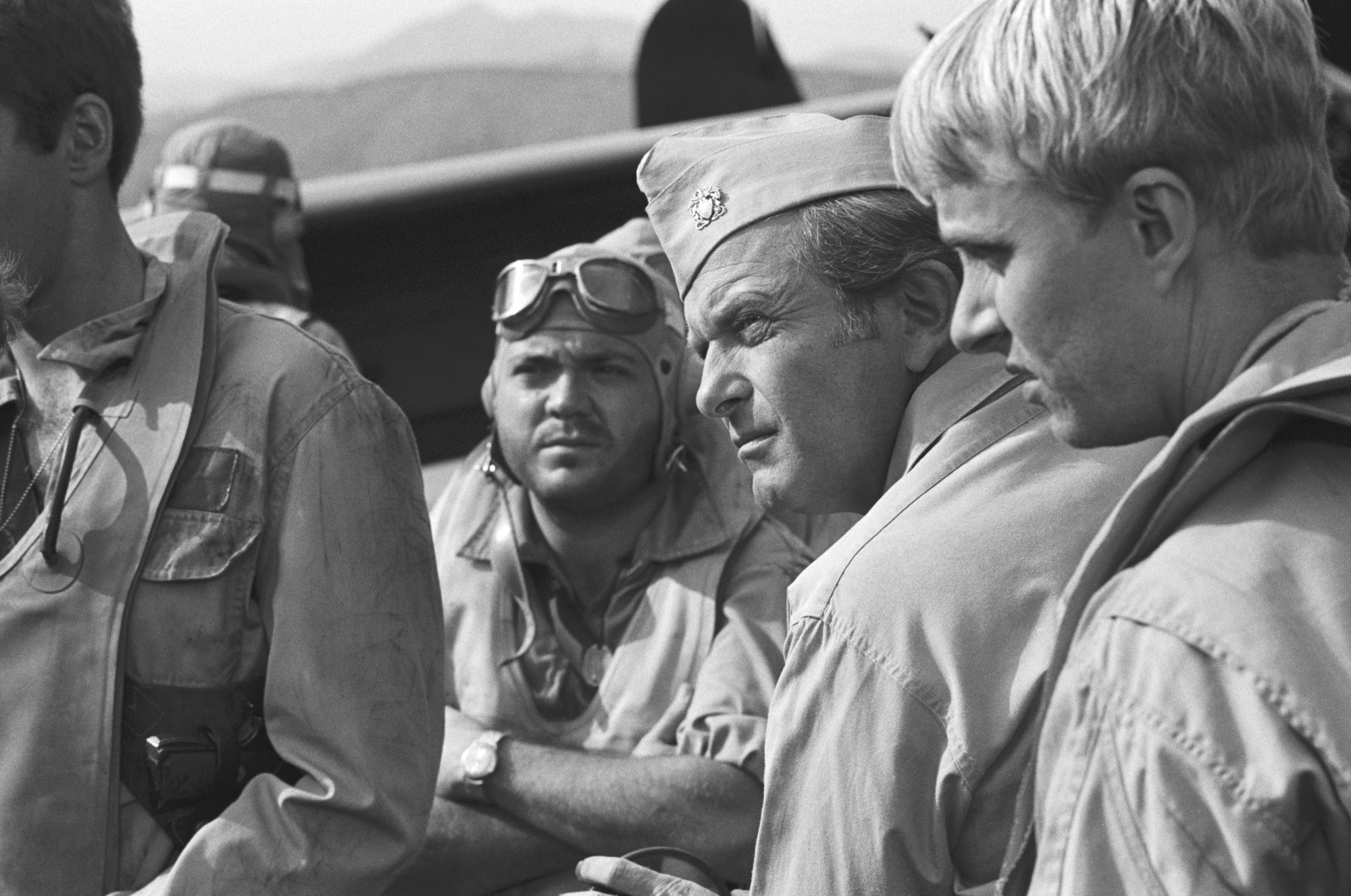
Baa Baa Black Sheep
Baa Baa Black Sheep (1976–1978), later retitled Black Sheep Squadron, is based on the real-life exploits of Marine fighter pilot Major Greg “Pappy” Boyington (played by Robert Conrad) and his squadron during World War II. The series focuses on a group of misfit pilots stationed in the South Pacific, blending action, camaraderie, and humor. While showcasing thrilling aerial combat scenes, it also delves into the personal lives of the characters, highlighting their rebellious yet heroic spirits. The show celebrated the bravery and ingenuity of World War II aviators, emphasizing teamwork and resilience in the face of danger. Getty Images / Nostalgic America, Inc.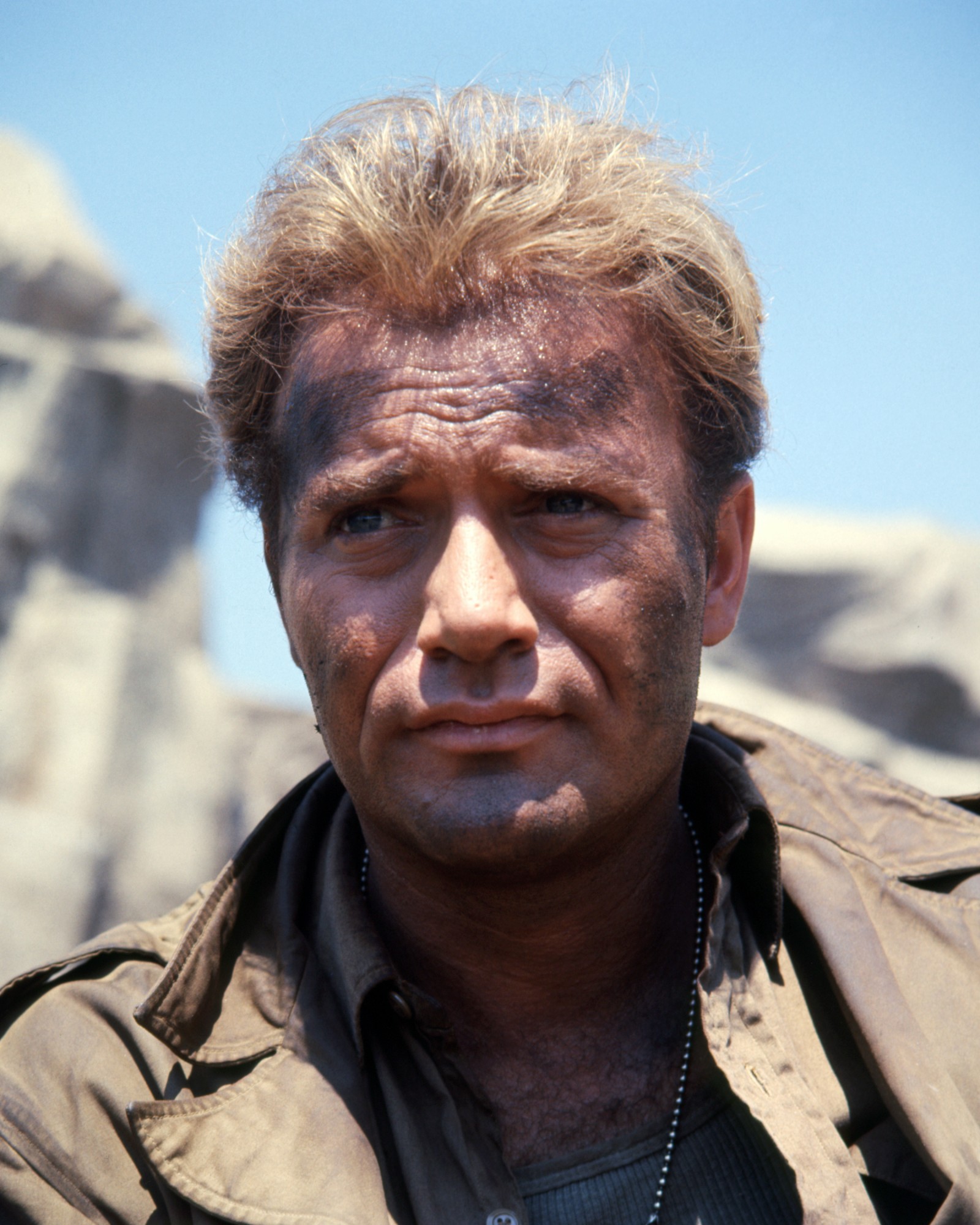
Combat!
Combat! (1962–1967) is a gripping World War II drama following an American infantry squad led by Sergeant Saunders (Vic Morrow) and Lieutenant Hanley (Rick Jason) as they navigate the perils of European battlefields. The series balances intense action with character-driven storytelling, offering a realistic depiction of the hardships and moral dilemmas faced by soldiers. Known for its authenticity and emotional depth, Combat! explores themes of duty, camaraderie, and the human cost of war. Its strong performances and thought-provoking narratives made it one of the most respected war-themed television series of its time. Getty Images / Nostalgic America, Inc.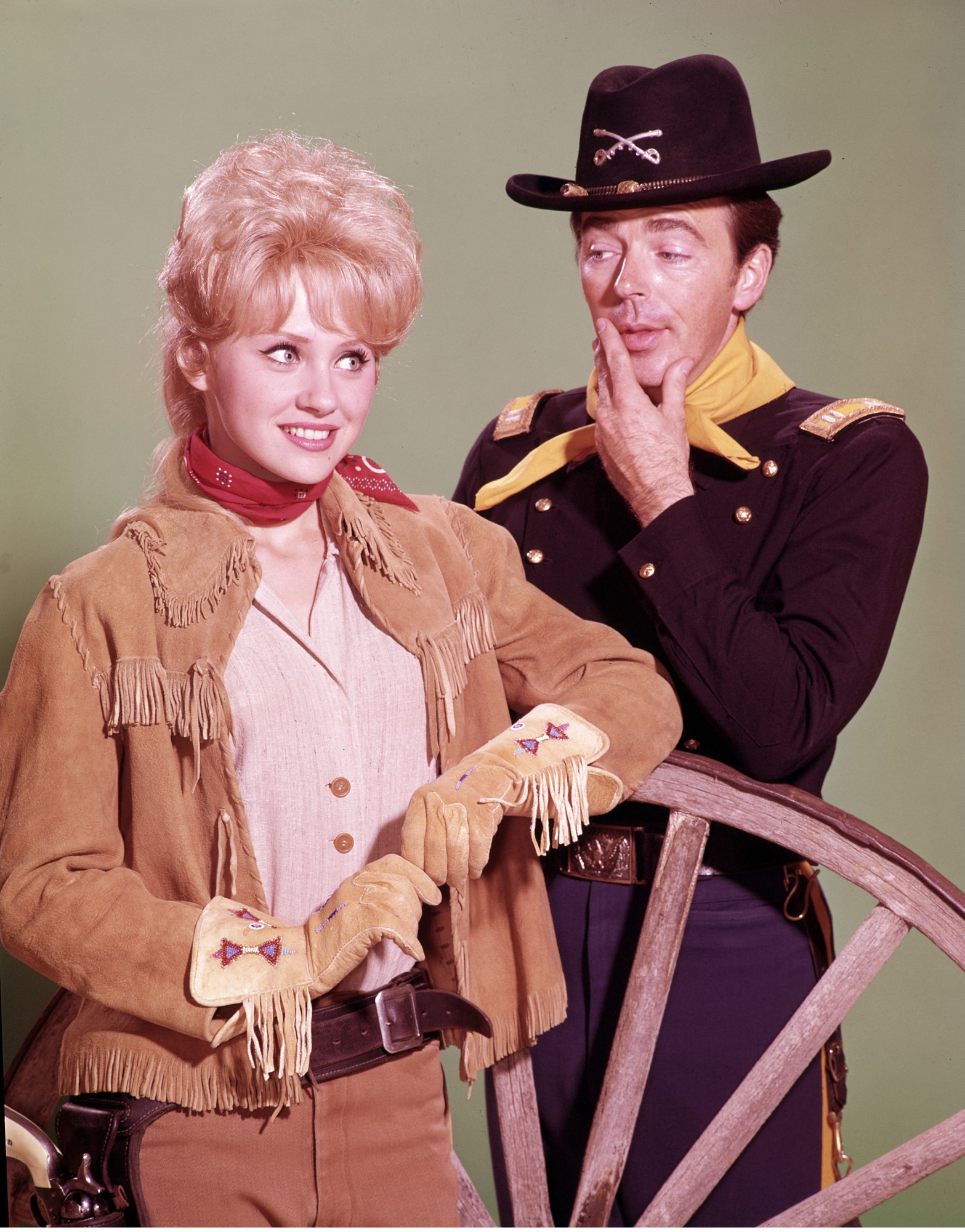
F Troop
F Troop (1965–1967) is a satirical comedy set in the post-Civil War era, focusing on the misadventures of the bumbling soldiers of Fort Courage. Led by the well-meaning but incompetent Captain Parmenter (Ken Berry), the troop engages in humorous escapades with their allies, the fictional Hekawi tribe. The show pokes fun at military bureaucracy and frontier life, offering lighthearted humor and slapstick comedy. Getty Images / Nostalgic America, Inc.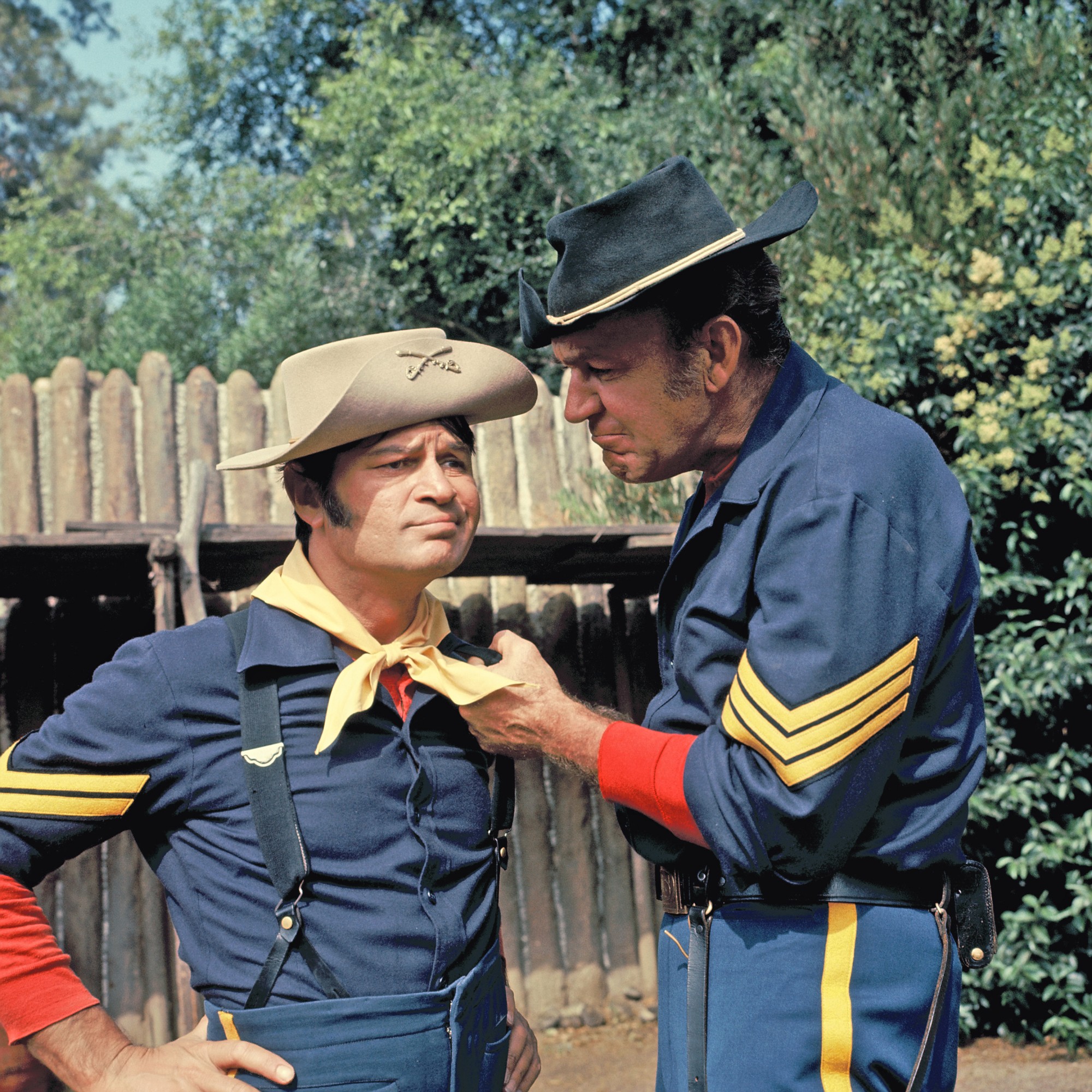
F Troop on Television
While far from realistic, F Troop entertains with its quirky characters and clever gags, serving as a parody of traditional Western and military tropes. Getty Images / Nostalgic America, Inc.